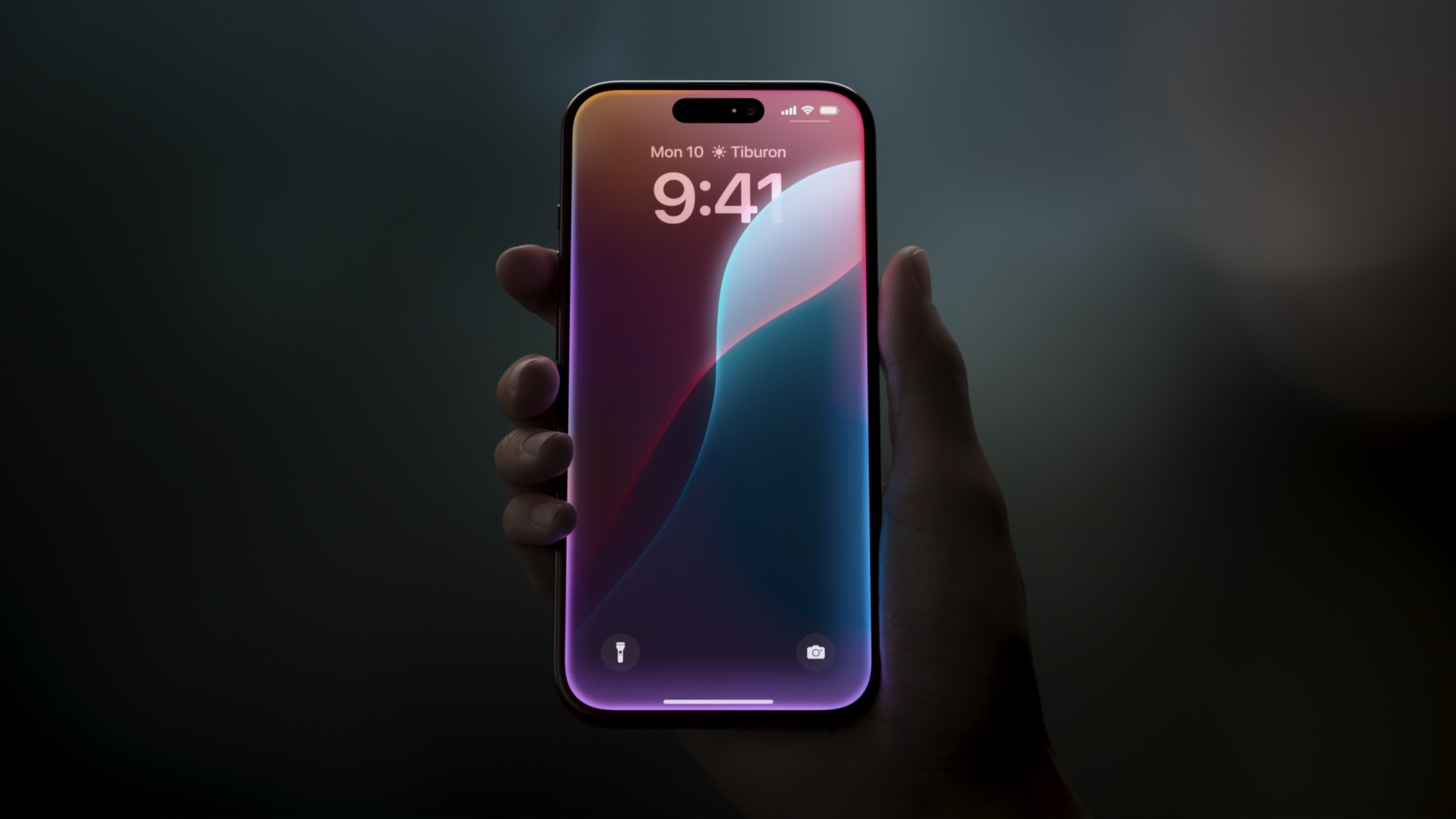
If everything goes the way that everyone expects it to, Apple will announce the iPhone 16 and iPhone 16 Pro devices in September — just a few short weeks away. The launch will likely happen alongside the release of iOS 18 and Apple Intelligence, although the latter will carry the beta tag initially. However, a new report suggests that Apple is pondering a change to the new iPhones that could impact its big AI push.
With the launch of the new iPhones so close, a new report suggests that Apple is still considering a change to a vital component that could impact the performance of the new models. It's thought that Apple could choose to use QLC NAND chips this year, ditching the previous TLC NAND of previous models. That might not mean much on the face of it, but it's a change that could have wide-reaching implications, including for Apple Intelligence.
QLC NAND is cheaper to produce and more suited to higher-capacity storage, something that is increasingly important as Apple seeks to cram its AI technology onto iPhones. By running Apple Intelligence on-device, it can reduce the reliance on cloud-based servers which is good for privacy and speed. But QLC NAND is slower than the TLC alternative, and that's bad for performance which leaves Apple in a difficult position.
A storage trade-off
DigiTimes reports that "Apple has been considering adopting QLC NAND internally, but manufacturers need to optimize QLC NAND performance and upgrade processing speed." That means that suppliers will need to make improvements to the controllers used by QLC NAND storage in an attempt to woo phone companies like Apple. After all, it's no use moving Apple Intelligence on-device in the name of a snappier experience if the slower storage is working against you.
Layer Apple's strict quality control requirements, not to mention cost implications related to finding a way to improve performance, and suppliers like Kiozia and SK Hynix have their work cut out for them. Notably, DigiTimes reports that some production lines for NAND flash storage are already starting to experience supply shortages. Apple is not the only company in need of such storage, and Samsung's recent push into AI-powered phones has helped drive demand yet further.
It's thought that a focus on AI will be a key driver for customers who skipped the iPhone 15 to upgrade to the iPhone 16 family of devices, but it remains to be seen how that will play out. Apple announced Apple Intelligence at WWDC in June and confirmed it would come to the iPhone 15 Pro models. Anyone with a different iPhone will need to upgrade in order to benefit from the new AI-driven features.
Apple Intelligence marks a big shift into the world of generative AI for Apple, with the company's own on-device models being used wherever possible. However, OpenAI's ChatGPT will still be used where needed, and the whole system will launch in beta while Apple continues to tweak things. Alongside generative AI features like image and text creation, Apple Intelligence will also bring some much-needed improvements to Siri, Apple's much-maligned digital assistant.







